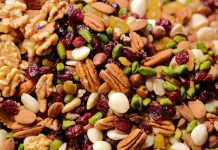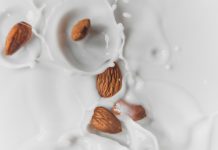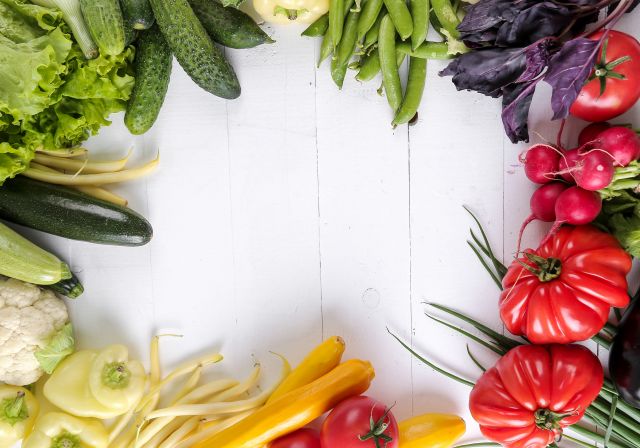No area of oncology is more complex and controversial than the relationship between cancer and nutrition. Everyone wants to believe that there are diets that can have a big impact on their chances of getting cancer. However, so far, the evidence regarding dietary effects is unclear and often contradictory.
All reliable sources agree that no diet will cure cancer completely. There is also no strong evidence to support the view that any particular diet prevents transmission. However, there are many studies suggesting that incidence, recurrence, and viability can be affected by the foods we choose.
While we’re not sure, many studies reviewed by researchers at Cornell University were able to associate reduced mortality (increased 5- or 10-year survival) with specific dietary choices.
One study (Nurses Health Study) followed 1,982 women who had already had breast cancer for an average of 13 years. More than 1,200 had cancer that had not metastasized (the primary tumor had spread to other areas and developed secondary tumors of the same type). Cancer patients whose cancer has metastasized are known to have much lower survival rates (5 years compared to her 86% 5-year survival rate for patients whose cancer has not spread). Her annual survival rate is 21%). Some of the first group ate more poultry and fish, which contained protein and omega-3 fatty acids. Women who ate large amounts of oil had a significantly higher mortality rate.
Another study was conducted by the National Cancer Institute on more than 2,400 people. A subgroup of 975 women with breast cancer ate a low-fat diet (33.3 g per day) during her 5 years. Another 1,462 people consumed 51.3 g per day. In the low-fat group, he had a 42% reduction in recurrence rates.
The difficulty with all these studies is that they look only at the association, not causation. It is not clear from the data what is associated. Are these dietary choices just a reflection of the fact that women who focus on eating healthier tend to make healthier lifestyle choices overall? Or are the foods themselves beneficial or harmful? , and to what extent?
As with many studies of fruits and vegetables, the answer is unknown. Beneficial effects are not known with certainty, except for those containing antioxidants. In this case, however, there is strong evidence that foods high in antioxidants can help reduce the chance of developing breast cancer. I have.
Free radicals in the bloodstream are ionized atoms known to damage cells. Antioxidants “swallow” – reducing levels by binding to free radicals and rendering them harmless.
However, research on fat is less clear. The main theory is that high estrogen levels are known to increase the risk of breast cancer, and since fat is an efficient storehouse of estrogen, lowering fat levels lowers the risk.
However, a false conclusion that is sometimes drawn is the belief that eating fat will make you fat. However, it is not the consumption of fat that leads to an increase in body fat itself. When you burn more calories than you burn, your body stores excess fat, resulting in a high body fat percentage. Fat also contains more calories per unit weight than other foods. The method is indirect.
Despite difficult or incomplete evidence to interpret, all experts can agree on one thing for her.
Maintaining a healthy diet and lifestyle is a smart choice. Whether or not it reduces the risk of developing breast cancer, optimal health is in 1 in 12 women who develop breast cancer either before, during, or after breast cancer. Helpful.













